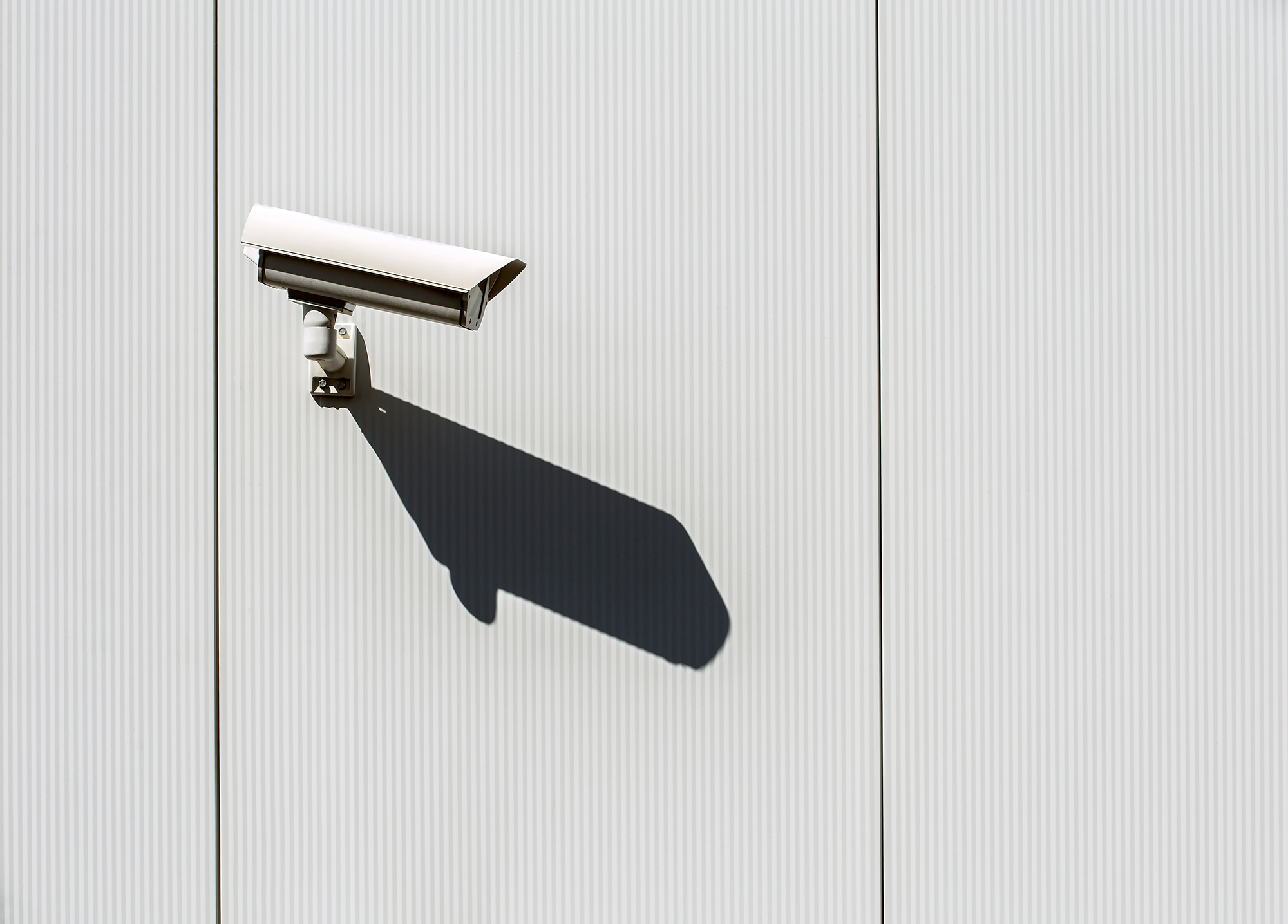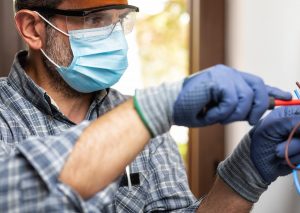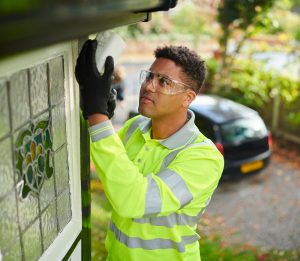CCTV is a common sight along many urban high streets and shopping centres; however, it can also prove invaluable for homeowners and commercial premises too, as a monitoring tool and a deterrent for would-be unwanted intruders. CCTV technology is improving all the time. Images are now clearer than ever before and the range of the cameras wider.
There is a good variety of CCTV camera types to choose from too, from simple ‘dome’ cameras for indoor use to infra-red night vision cameras for surveillance after dark and wireless systems that can be accessed and controlled remotely, wherever you are. Plus, you can choose from analogue, HD (high-definition) or IP (internet protocol), depending on your requirements and home or commercial set-up. Here are some more areas to consider when selecting your preferred domestic CCTV system or commercial camera surveillance solution.
Installation
Fitting a CCTV camera system is not a simple job and requires a professional installation company to do the honours. Wireless systems must be connected to the internet and linked to the remote access control devices, while hardwired or analogue alternatives must be physically wired into the building or location they are going to oversee. It is a good idea to purchase your system from the same company that will install it so that all the components can be properly checked by an expert for compatibility before being fitted.
Image quality
A CCTV camera is only as good as the images it can produce, in order to help identify unwanted visitors and/or provide evidence for criminal or civil investigations. Choosing a system with a powerful camera, able to detect movement across all areas of the property is therefore a priority when it comes to making the final purchasing decision. Again, an installation company can talk you through the options and price ranges. This is an area that must not be compromised on budget-wise or the investment will not return any benefit whatsoever.
Access and connectivity
Choosing a wireless CCTV commercial or domestic system offers increased flexibility in terms of where and when you access the cameras and their recordings. On many wireless systems, you can use your smart phone or tablet to link to the system, which means you can be anywhere in the world and still have eyes on your home or business. Check with your installation company what internet connection or cloud-based storage you need to run your preferred CCTV system and access it reliably, whenever and wherever you need to.
Tailored specification
Another key area to make sure you are happy with when choosing your CCTV surveillance system is the extent to which it can be tailored to meet your precise, individual requirements. Can you add extra cameras if the main units don’t cover all the areas you need them to? Are you offered a choice of systems, from wired to infra-red? Can you link in multiple devices for wireless connectivity and access? Do you get to choose where and how to install each camera for minimal disruption and maximum effect?
Fitting options
Fitting your CCTV system should be straightforward and efficient, with minimal disruption and a clear explanation of each stage. You should also be talked through the system once it is fitted to ensure that you are happy with how it operates and where the areas are that are being monitored. Your installer should carry out a site survey in advance to identify the best spots to position your new cameras and to check that they are not intruding on your neighbours’ land, or causing any issues that could have legal implications around invasion of privacy.
Cloud back-up options
Finally, keeping hold of footage that shows incriminating evidence, or that you simply want to keep hold of for reference is a very important feature of any CCTV monitoring system. Choosing a system with cloud-based storage does away with the need for unwieldy physical storage functions that often cannot hold large amounts of data at once. Virtual storage offers excellent security too, with encryption software and password-protected access preventing anyone from viewing, downloading or destroying any key footage.




